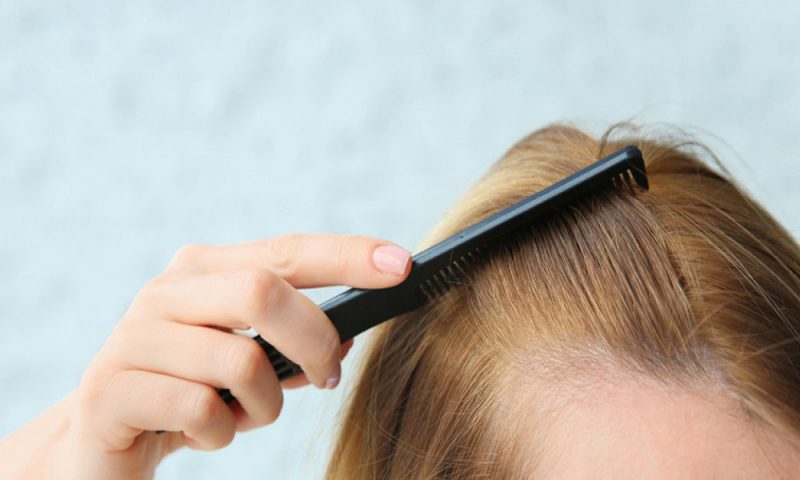While it is almost expected that a majority of men are experiencing some thinning hair, it is commonly considered that women aren’t supposed to lose their hair – their crowning glory. Most women that are suffering are confused and embarrassed when it transpires with them. One in two women experience some degree of thinning of their lifetimes and it is therefore far more common than most people think.
Women’s Hair Loss Philosophy
The very good news for ladies is that, unlike for males, a lot of women’s baldness is reversible. However, diagnosing female hair thinning is a lot more complicated than for male pattern baldness. The underlying causes ought to be examined and tested for from your family physician to accurately diagnose.
Women seldom become bald in how men experience balding. Rather, women commonly experience overall thinning and miniaturized shafts on the top of their heads as they age. At around age 40 or with the onset of menopause is frequently when women notice a significant change within their hair quality.
For nearly all women, thinning is hormonally related. It may be the consequences of menopause or pregnancy or perhaps an overactive thyroid, but there is usually an identifiable reason why women experience thinning. Identifying what that reason is and evaluating your options can be your starting point in dealing with it.
Symptoms of Female hair loss:
1. Thinning in the entire head.
2. Mild to moderate loss on the crown or hairline.
The most common baldness in ladies is known as female pattern alopecia, which enables it to come either the mother’s or father’s side with the family. Female pattern alopecia affects approximately one-third of all susceptible women, but is most commonly seen after menopause and is also the consequence of a decrease in estrogen levels. Various forms of estrogen can “oppose” androgens and thereby reduce their availability to the cell, by blocking androgen receptors. A woman who notices miniaturization is probably not certain that the loss will be temporary or permanent – for example if there’s been a recent event for example pregnancy or illness that may be linked to temporary thinning.
Causes of Hair Loss in Women
Here can be a list of some in the most typical causes for hair loss in females (in no particular order):
#1. DHT: In both males and females, the most typical cause of hair loss is believed to be a group of DHT (dihydrotestosterone) with the root bulb from the hair follicle. The ultimate result can be a shorter life cycle of hair resulting in miniaturization and ultimately shedding.
#2. Hereditary/Genetic: Commonly known as Androgenetic Alopecia, hereditary balding is a lot more common than face men than in ladies. While it can occur in females, most female hair thinning is brought on by additional circumstances.
#3. Hormonal changes/imbalance: Over/underactive thyroid glands and imbalanced estrogen levels can give rise to hair thinning.
#4. Pregnancy: 2 to 3 months after pregnancy women often experience significant amounts of thinning.
#5. Drugs/Medications: Cancer treatments including chemotherapy and radiation therapy may result in a sudden loss as the growth phase of hair is suddenly stopped. Birth control pills, arthritis medications, blood thinners, certain drugs for ulcers, and antidepressants could also cause weakening of follicles.
#6. Physical trauma: Aggressive toweling, rough combing when wet, extreme scalp massage, or pulling causes hair to grow back finer and lead to permanent death of follicles.
#7. Intense stress: Usually temporary, extremely physical, or emotional stress can induce a period of shedding.
#8. Hair products/chemicals: Perms, hair coloring, ponytails, tight braids, hot oil treatments chlorine in swimming pools, excessive sunlight, and excessive shampooing can all cause weakened follicles.
#9. Poor Blood Circulation: insufficient nutrients reaching follicles from the system.
#10. Imbalanced Diet: While not commonly a direct cause, weak hands protein or iron can cause shedding. Strenuous dieting can result in hair thinning especially if you have thinning hair in the first place.
While correctly diagnosing the reason is often a key part of treatment, the timing with the treatment plan is additionally important. In almost all cases, the sooner treatment begins, the higher the effect.









